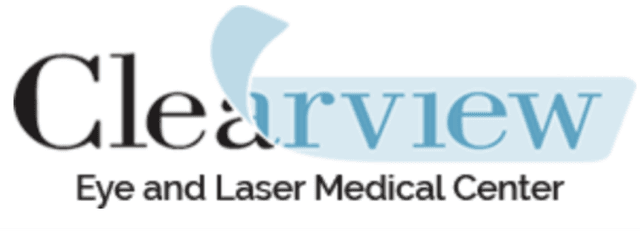
With summer in full swing, individuals with light-colored eyes should take extra precautions if they want to avoid any unnecessary damage to their eyes during this time of year. According to a recent study conducted by the American Academy of Ophthalmology, individuals with blue, green, or hazel eye color, as well as those who take common over-the-counter medications, may be more susceptible to the potentially harmful effects of the sun's ultraviolet (UV) rays. Dr. Sandy T. Feldman - a nationally-recognized ophthalmologist and corneal expert at Clearview Eye & Laser Center in San Diego - cautions patients to take extra care and to take cover.
"While many people are aware of the potential damage the sun's UV rays can do to the skin, very few are aware of the damage that can be done to the eyes as a result of overexposure to the sun," said Dr. Feldman. "Research has shown that having light-colored eyes and/or taking certain medications may increase one's risk of UV-related damage to the eyes. It may also make them susceptible to certain eye conditions such as eye cancer and cataracts, which is the number one cause of blindness in the world."
According to a national study involving more than 2,000 adults, it was found that the combination of light eyes and sun exposure can increase the risk of developing rare eye cancers such as melanoma of the iris and other areas of the uveal tract. The study also found that approximately one-third of American adults take medications that can increase their susceptibility to damage from the sun's UV rays, also known as photosensitivity. Of this number, only about half of these adults were aware that medications such as antibiotics with tetracycline, birth control pills, and pain relievers such as ibuprofen and naproxen sodium can cause photosensitivity.
In order to protect the eyes from the sun's harmful UV rays, as well as reduce the risk of developing certain eye disorders and diseases, Dr. Feldman recommends the following:
As a leader in the field of ophthalmology, Dr. Sandy T. Feldman has participated in FDA clinical studies of Personalized LASIK. Currently, she is involved in studies of a new treatment to halt the progression of keratoconus, a disease in which the fitting of contact lenses can become challenging. In 2009, she was one of ten laser eye care providers in the U.S. to receive the Goldline Award as seen in Forbes Magazine. In 2010, she was awarded the Silver Elite RealSelf award, and in 2011, she was awarded Top Doc San Diego, inducted into the prestigious American College of Ophthalmic Surgeons and was one of nation's 15 leading laser eye surgeons as seen in Newsweek magazine. In 2013, Clearview Eye & Laser Medical Center was voted best LASIK center in San Diego by CityBeat Magazine. Dr. Feldman is a member of the American Academy of Ophthalmology and American Society of Cataract and Refractive Surgery.

Call Us: (858) 452-3937
8:30AM - 7:00 PM - Monday through Saturday (Saturday until 11:30AM)